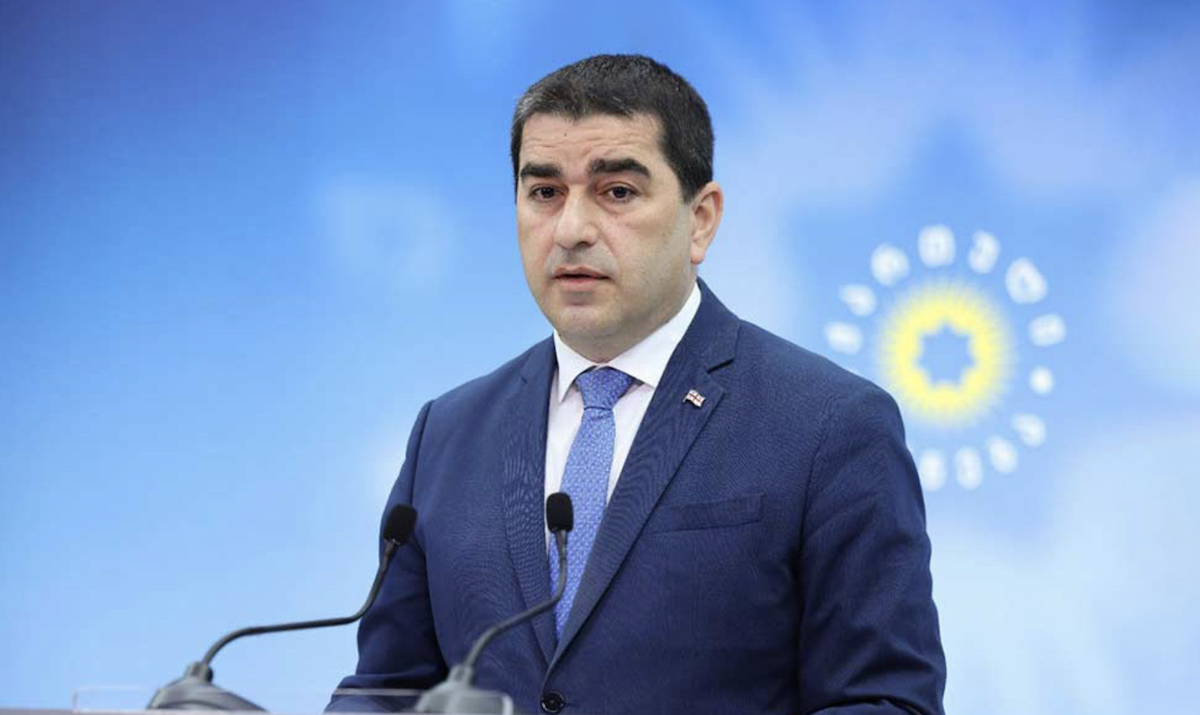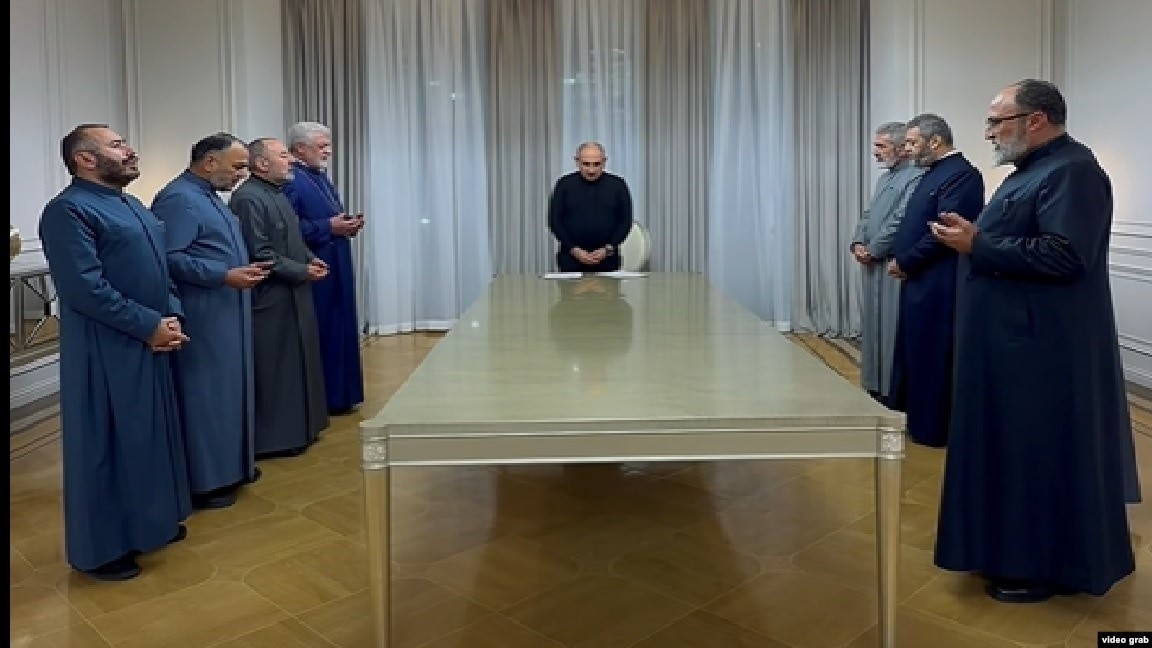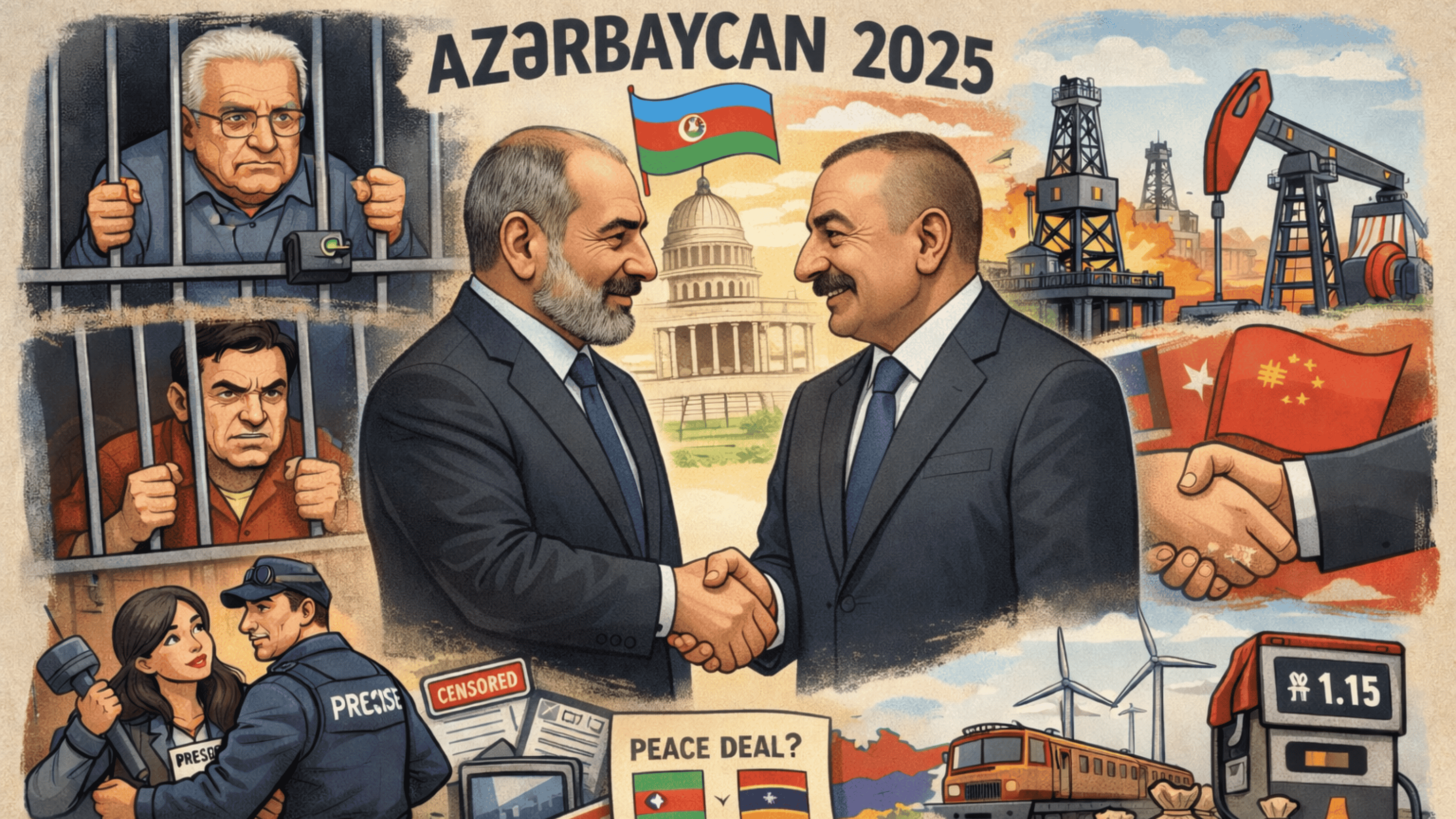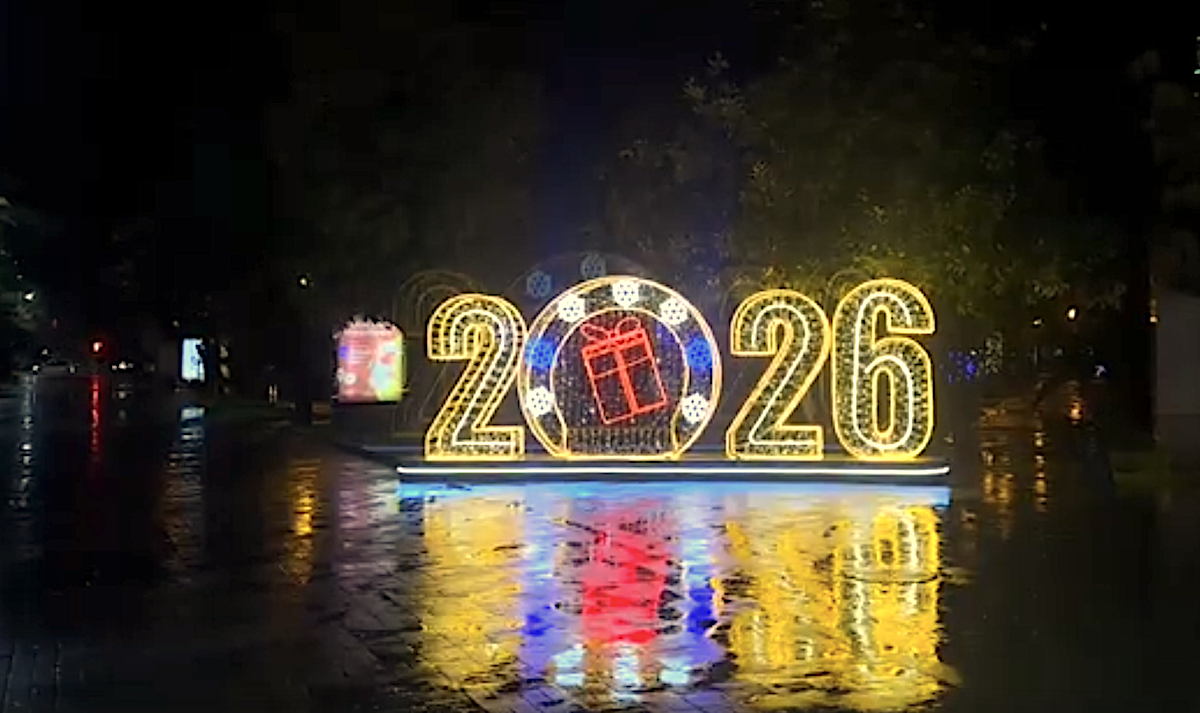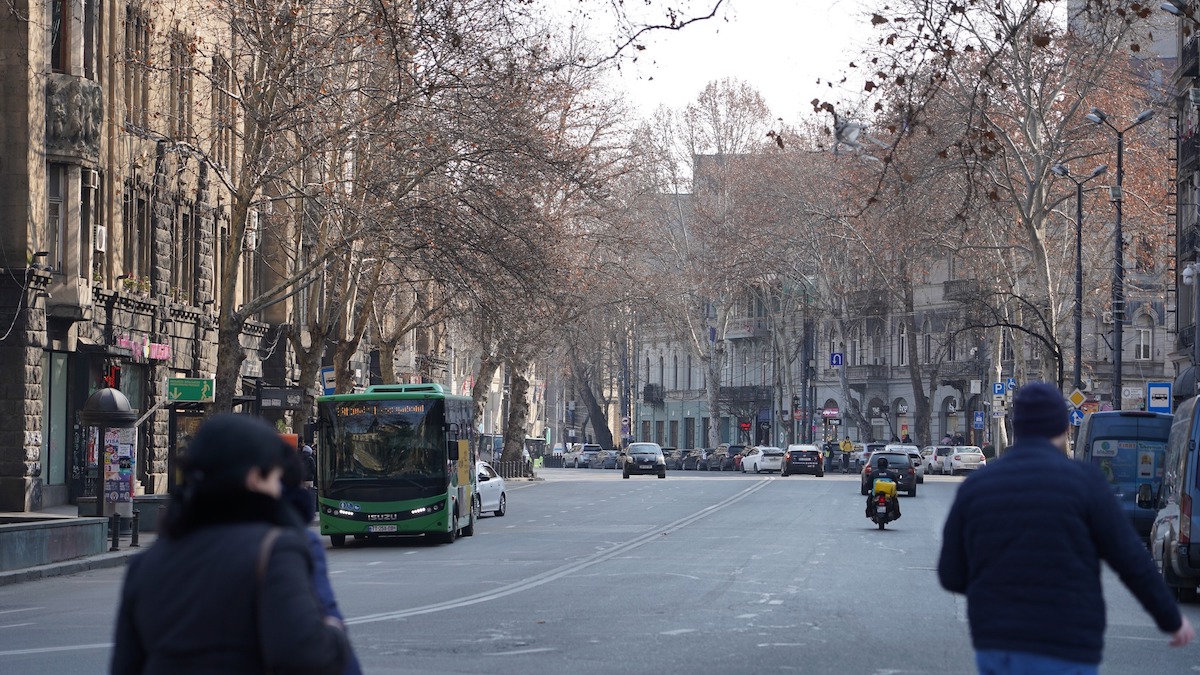10 steps towards the EU - Civil society offers Georgian government a concrete plan for European integration
Georgia’s 10 steps towards the EU
Fifteen non-governmental organizations operating in Georgia offer the government a ten-point plan of what should be done for Georgia’s accession to the European Union.
The non-governmental sector believes that the activation of Georgia in the context of the war in Ukraine towards the European Union is a matter of the country’s security.
The recommendations are presented in the form of ten steps that Georgia should take in the direction of Europe.
- Georgia’s plan to apply for EU membership by 2024
- Georgian gov’t, opposition standoff at an end? What’s in the newly signed agreement
- Georgia applies for EU membership – what does it mean?
It is also emphasized that the whole political spectrum itself must be involved in this process in order to unite a polarized society around this idea.
The steps presented by the non-governmental sector are as follows:
1.Draw a specific action strategy:
Georgia should develop a national strategy for joining the European Union. A monitoring mechanism should be set up to monitor this process and civil society should be involved in this process.
2.Begin carrying out reforms:
The country must begin implementing the reforms envisaged in the agreement of 19 April 2021 (the so-called Charles Michel Agreement), which entails, first and foremost, large-scale changes in the judiciary and electoral systems;
3.Georgia should receive a new mandate from the European Union:
NGOs agree that work through diplomatic channels with EU Member States should be intensified to ensure that Georgia adopts a new Georgia-EU Association Agenda as soon as possible and begins its implementation.
4.Georgia should receive a questionnaire:
Georgia will have to go through many procedures to obtain EU candidate status, one of the first being completing a candidate status assessment questionnaire. This questionnaire has not been handed over to Georgia yet. NGOs point out that intensified diplomatic work is needed to ensure that the country receives this questionnaire expeditiously.
-
What is a questionnaire?
The application for EU membership is considered by the European Commission and based on its conclusion, the member states make the first decision – whether to grant the applicant the status of a candidate country.
A questionnaire is sent to the applicant country, which it fills out. This questionnaire tests the political, economic and administrative readiness of the country and the European Commission writes its conclusion based on the answers to that questionnaire.
The number of questions varies by country. For example, the document sent to Croatia contained 4,560 questions; Montenegro’s – 2,178 questions and so on.
The applicant country is given three months to complete the questionnaire. However, there have been cases where this process has been prolonged.
5.Create a group that will fill in the submitted questionnaire on time:
In order for the candidate status assessment questionnaire to be completed in a timely and coherent manner (the country cannot be granted status without this questionnaire), the government should mobilize human, financial and technical resources and form a professional team (including a relevant inter-agency working group and / or agency).
6.Amend the Statute of the Commission for Integration of Georgia into the European Union:
The non-governmental sector demands that the government take into account the new reality and make changes in the regulations of the EU Integration Commission of Georgia. In particular, the working groups should be allowed to participate together with the Commission in preparing the answers to the questionnaire.
7.The process should be open and transparent:
In order for the process to become transparent and inclusive, a National Council for EU Accession should be established, which will include experts from the field. This board will have the status of an advisory body;
8.Parliamentary oversight of the EU accession process should be increased:
To achieve this plan, the non-governmental sector proposes to the government to appoint representatives of the opposition to the positions of the Parliamentary Committee on European Integration, as well as the chairmen of the Human Rights, Legal and Foreign Affairs Committees.
9.Strengthen cooperation with Ukraine and Moldova:
(According to the declaration of Petra Fortress (Association Trio – Moldova, Georgia, Ukraine)
According to the non-governmental sector, it is necessary to take more active and effective steps in the so-called According to the Petra Fortress Declaration, there are three countries of association – Georgia, Moldova and Ukraine. Relations with Ukraine should be normalized and the trio should organize a joint EU summit.
10.Finally, communication with the public should be strengthened:
NGOs advise the government to properly manage public expectations regarding the EU accession process and to increase communication in this direction both inside and outside the country.













